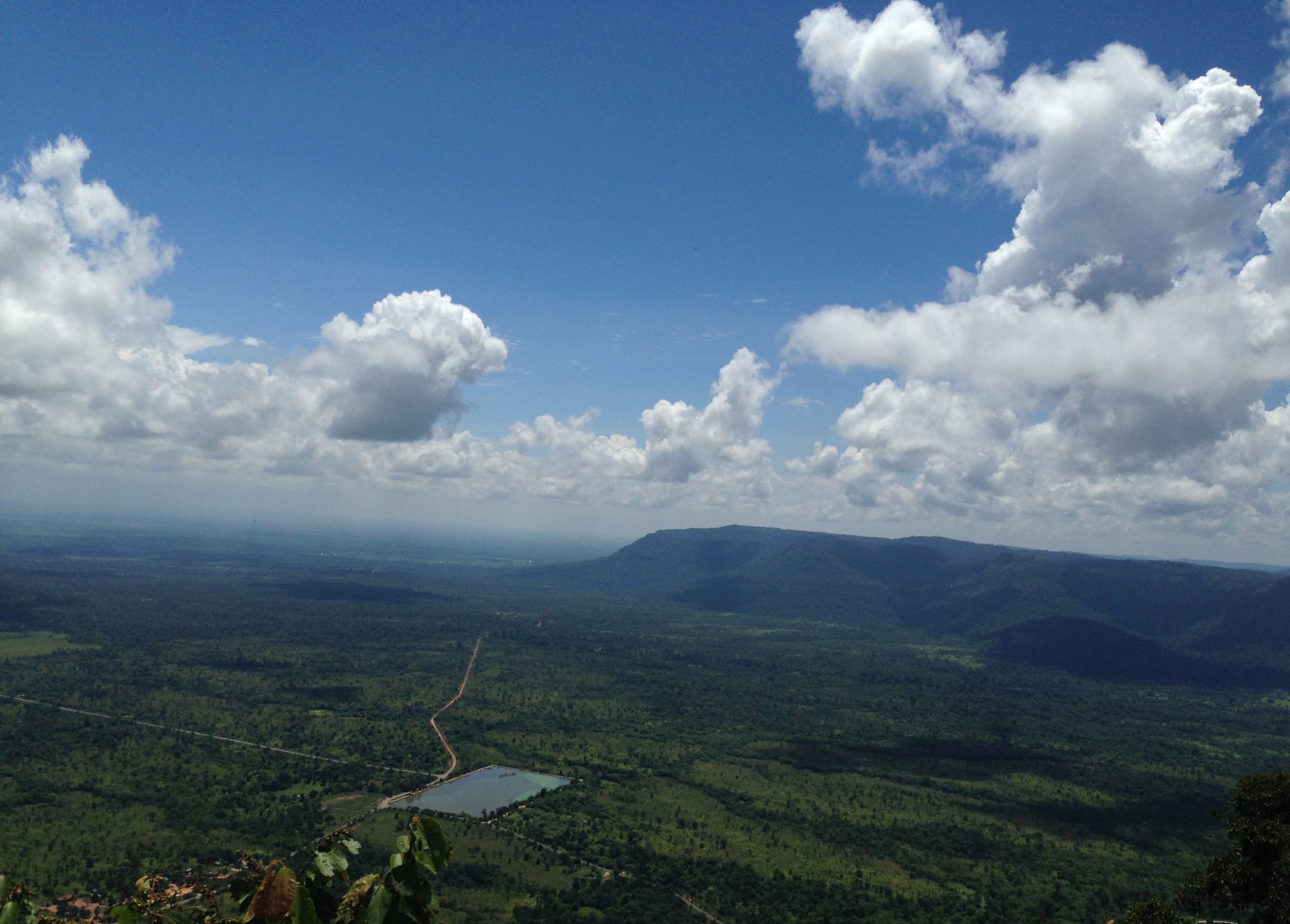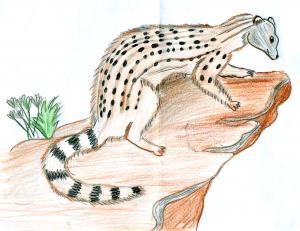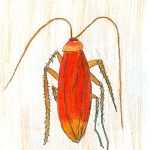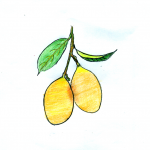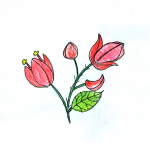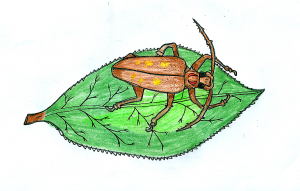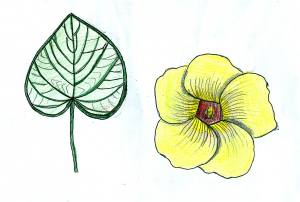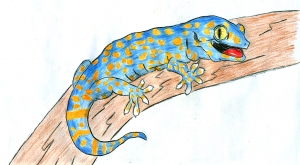This project, we have been working on the living organisms in Liger academy for a few months ago. we found a lot of species around our campus: butterfly, insects, grass, frog and etc in the other hand We have a sheet the collect all the data from all of the animals or plants that found to put in the sheet and keep it for another study that can help us. This is what a sheet that we put the data that we found from the internet and activities looks like.
Common name: Small Indian Civet
Scientific name: Viverricula indica
Yanich, age 13
Distinct characteristics and habitat:
– Small nocturnal mammal with brownish yellow and gray fur
– Black spots all over its body, with distinct rows along its back
– Dark stripes run down its neck
– Dark brown legs
– Long tail with 7-9 black and white rings
Pointed face with long nose and whiskers, small ears, black eyes, and sharp teeth
– Often climbs trees, but live in holes in the ground
– Found in forest, grassland, river, and sometimes city environments
Natural range and native status:
– South and Southeast Asia
– Native to Cambodia
Prey and predation:
– Omnivorous; eats small mammals, snakes, birds, fruits, plants, dead things, and people’s garbage
– Eaten by dogs, large snakes, tigers, leopards, crocodiles, and humans
Cultural or medicinal uses:
– Hunted for meat and skin, which is used in traditional medicines
– Sometimes harvested to make “Kopi Luwak”, a coffee made from digested cherry coffee beans and collected from the
civet’s feces (expensive – can be $600/0.5 kg)
Comment from a student:
“The first time I saw this animal, I was shocked. Its physical appearance was so amazing. It had brownish-grey fur and lots of spots all over – I won’t ever forget this moment.”
In the class, we also did some sketching all the animals and plant that found too so down here are some pictures that our team drew them.
Cockroach Helicon translate
